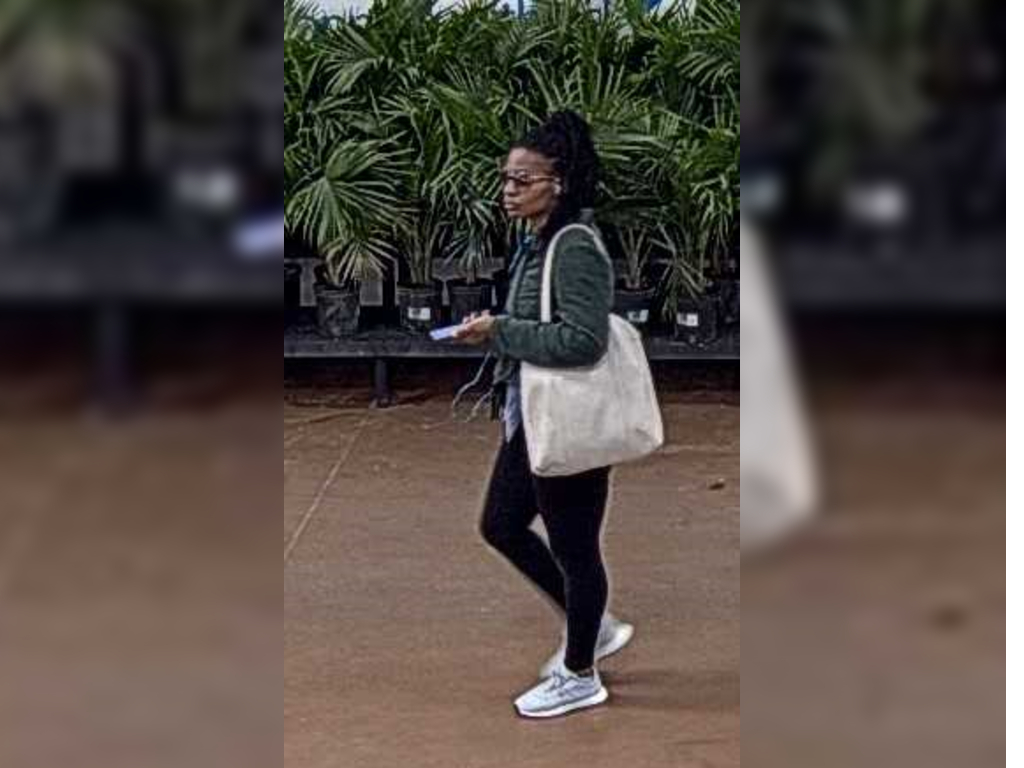Police in Massachusetts are looking for a woman who allegedly sprayed a Walmart cashier in the eyes with Lysol during the coronavirus panic-buying craze late last month.

The altercation occurred on March 27 at a Leicester, Mass., store after the suspect was told there was a limit on how many cans of the product she could purchase, CBS Boston reports.
Similar products, along with toilet paper and hand sanitizer, have been purchased en masse since the outbreak began.
“The female suspect was informed by a cashier that there was a limit on the number of Lysol disinfectant cans that she was trying to purchase,” Leicester police wrote in a Facebook post.
“The female responded by spraying the cashier in the eyes with the Lysol requiring a response from EMS.”
Despite the hostile encounter, the woman reportedly completed her purchase and left the area in what was believed to be an Uber car, the police said.
They’re asking for anyone with information regarding the incident to reach out to the authorities.
Retail employees are feeling the pressure during the pandemic, and this isn’t the first incident of violence against frontline workers.
A Quebec driver recently hit a Walmart security guard with his car after he was told only one person per car could enter the store.
Local police say the man was fighting for his life on Sunday morning after being struck and dragged by a driver who was allegedly enraged by social distancing policies aimed to curb the spread of COVID-19, local police said.
—
Questions about COVID-19? Here are some things you need to know:
Health officials caution against all international travel. Returning travellers are legally obligated to self-isolate for 14 days, beginning March 26, in case they develop symptoms and to prevent spreading the virus to others. Some provinces and territories have also implemented additional recommendations or enforcement measures to ensure those returning to the area self-isolate.

Symptoms can include fever, cough and difficulty breathing — very similar to a cold or flu. Some people can develop a more severe illness. People most at risk of this include older adults and people with severe chronic medical conditions like heart, lung or kidney disease. If you develop symptoms, contact public health authorities.
To prevent the virus from spreading, experts recommend frequent handwashing and coughing into your sleeve. They also recommend minimizing contact with others, staying home as much as possible and maintaining a distance of two metres from other people if you go out.
For full COVID-19 coverage from Global News, click here.
—





Comments